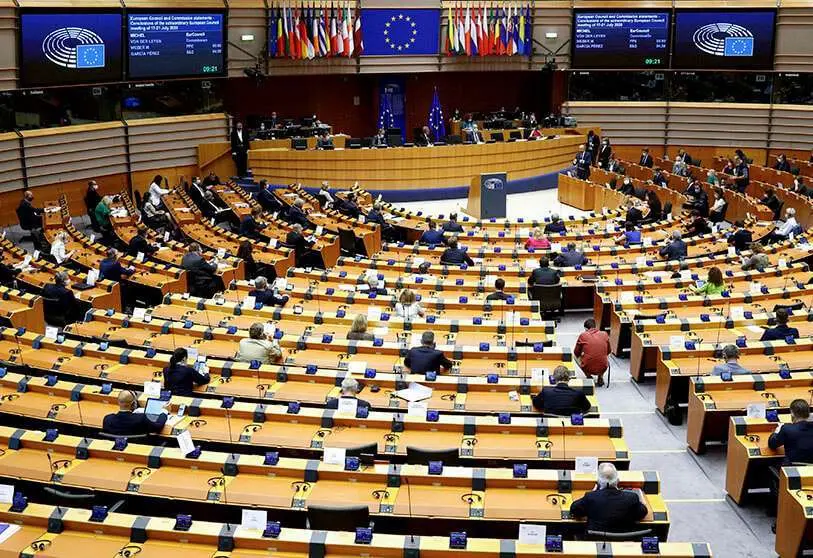European Parliament puts focus on military exports

The European defence industry is beginning to have a significant presence in Community budgets, which means that there must be more thorough and transparent monitoring of defence exports.
The defence industry is gaining prominence in the political discourse of the European Union. And not only because of issues relating to the Union's strategic autonomy, the financing of programmes with Community funds or the eternal debate on whether to continue moving towards an almost utopian and complex European Army.
The presence of large companies such as Airbus, Dassault, Naval Group, Fincantieri and Navantia, which already have a significant presence on the international industrial scene, will see their export potential greatly increased in the future, thanks to the joint projects that are being developed within the European industrial fabric. And, precisely for this reason, over the last decade the European institutions have made legislative progress towards greater control and transparency in the export of military material and technology.
According to data from the Stockholm International Peace Research Institute (SIPRI), during the five-year period from 2015 to 2019 the EU-including still the United Kingdom-exported over 25 per cent of the world's weapons material, making it the second biggest exporter in the world, after the United States (36 per cent) and above Russia (21 per cent).

The bulk of exports are concentrated in five Member States: France with 7.9%, Germany with 5.8%, the United Kingdom with 3.7%, Spain with 3.1% and Italy with 2.1% of the world total, with three of them - France, Germany and Spain - showing an increase over previous periods. These exports are partially restricted and limited by European legislation, and subject to the standards adopted in Common Position 2008/944/CFSP of the Council of the European Union.
These standards include respect for the human rights of the importing countries, as well as the guarantee that the material will not be used in conflicts in the region or employed in possible internal repression. This is laudable, but given who the main recipients of this material are, its application or monitoring is certainly not exhaustive.
According to the latest annual reports of the European Union for the years 2017 and 2018, North Africa and the Middle East, especially the latter, are the main destinations of European arms exports. This fact shows a certain laxity in controlling where and to whom it was exported, taking into account the instability of some of the countries, limited respect for human rights and repressive activity in others.

In this regard, the Council of the European Union again decided in September 2019 to introduce regulations to provide uniformity and clarity in the data provided by Member States in order to improve supervision and transparency of the European military industry's export market.
The European Parliament, one year after the Council's decision, has recently approved a resolution to influence compliance with the regulations, as it is considered that the information provided by the European Union States is neither complete nor easily accessible. The resolution, presented by the green group, was made possible thanks to the support of the social democratic and liberal family in the European Parliament. In all, 341 votes were cast in favour, 124 against and 230 abstentions. It should be noted that at national level, some of the popular representatives abstained, unlike the majority of the EPP, a group to which the European Parliament belongs, as did the Liberals, even though their group did vote by a majority in favour of the resolution.

Arms exports further underline the lack of cooperation between Member States in maintaining a common position on conflicts around the world. For even this common position agreed in 2008 does not guarantee a single way of acting when any of the countries receiving material from the European Union fails to comply with one - or several - of the eight points established by this joint position.
Perhaps the clearest example can be found in the Middle East, where the role of Saudi Arabia or the United Arab Emirates with respect to the war in Yemen has led some countries such as Belgium, Germany and the Netherlands to suspend exports of material that could be used in the conflict, while others, such as France and Italy, have taken advantage of the absence of any kind of embargo on these Gulf monarchies to maintain their exports.

This de facto lack of unanimity when it comes to complying with this common position, together with the lack of transparency and information observed in some cases, affects the way in which societies sometimes perceive it as negative to stimulate and protect the defence industry sector. Further unification of criteria, monitoring of compliance and clarification of information is essential, even more so now that the European defence industry is beginning to draw on Community funds.








